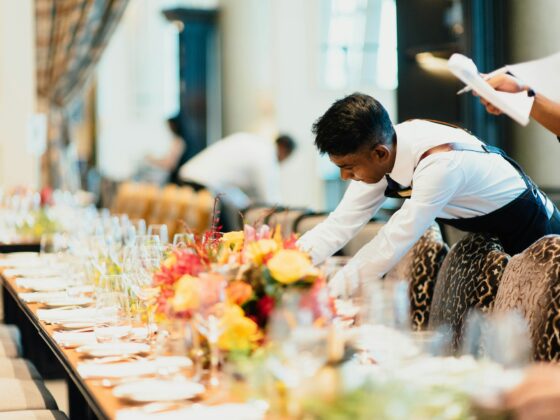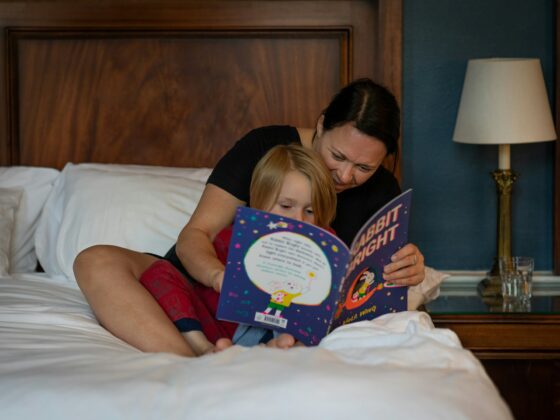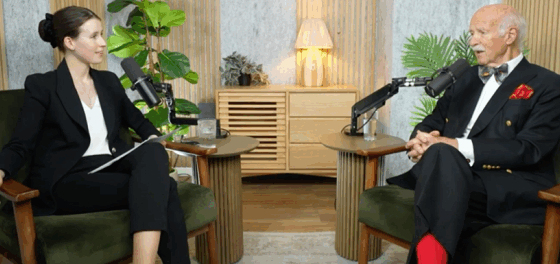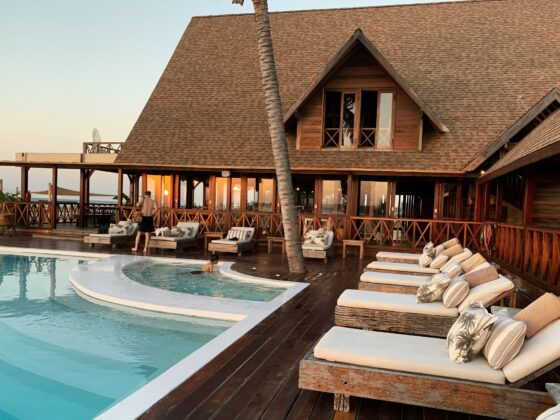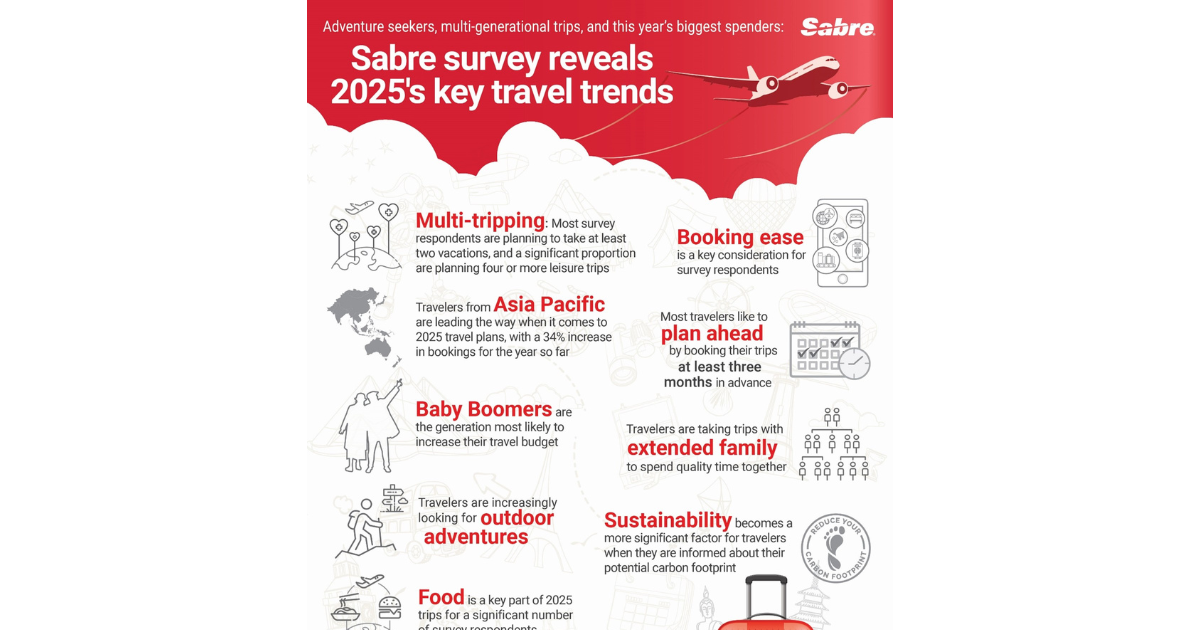
For a second consecutive year, Sabre, has revealed its key travel trends for the upcoming year.
The results come from a survey of its global team members to understand what travel industry insiders prioritise when booking their own holidays.
Combined with Sabre’s industry data, it revealed 10 key trends shaping how we travel this year:
In 2025, travel is a key priority, with most respondents planning at least two leisure trips – an increase of 6% from 2024.
Close to a quarter of survey respondents are planning four or more trips, an increase from last year, when a fifth said the same. Twelve per cent of respondents are gearing up for five or more getaways in 2025, a 2% rise from last year.
Only 3% of people said they’re skipping holidays entirely for 2025, a significant drop from 2024’s 9.4%.
This trend is also reflected in Sabre’s global travel insights, which confirm the prioritisation of travel across the world.
There are 9% more air bookings for 2025 compared with the same period last year.
Asia Pacific (APAC) is the second trend, a travel frontrunner so far for 2025.
According to Sabre’s global travel data, there is a 34% increase in bookings made by travellers from the region year-on-year (looking at bookings made from January to September 2024 for travel in 2025), outpacing other regions.
Lower airfares in APAC could be one factor driving this growth. Increased air capacity in the region has resulted in fare price reductions of 10% in the first quarter and 5% in the second quarter of 2025, making travel more accessible and helping to fuel demand.
A growing middle class in key APAC markets such as India, Indonesia, and Vietnam is also leading to increased travel.
With increased travel activity in 2025, it’s no surprise that household travel budgets are on the rise.
Over 90% of travellers surveyed are spending the same or more on travel compared to 2024. However, spending habits vary significantly across age groups.
Younger respondents, particularly Gen Z (born 1995–2012), are focusing on budget-friendly options to stretch their travel funds, with most maintaining a budget that’s comparable to or only slightly higher than last year.
In contrast, many Baby Boomers (born 1946–1964) reported that they are increasing their travel spend, with this generation having the highest proportion of respondents opting to spend significantly more on travel in 2025 than they did in 2024.
“With travel budgets increasing in 2025, hoteliers have an opportunity to capture this increased spending power by delivering exceptional value and tailored experiences,” said Frank Trampert, senior vice president, global managing director of community sales of Sabre Hospitality.
“Travellers, whether they’re seeking budget-friendly options or indulging in elevated, luxury stays, want to feel their spending is worthwhile.
“By using advanced retailing technology and data-driven insights, hoteliers can think beyond the room to exceed guest expectations with experiences that resonate with the diverse preferences and budgets of today’s travellers.”
The next trend revealed was that travellers are embracing adventure in 2025, with a growing interest in exploring the great outdoors and participating in sporting activities during their leisure trips.
Cultural experiences remain a favourite, with 46% of respondents ranking visiting landmarks, monuments, museums, and galleries as their top holiday activity.
However, adventure travel is rapidly gaining traction, with close to 30% prioritising outdoor pursuits and sports while on holiday.
This trend is especially strong among Gen Z, where 73% of respondents cite sports and outdoor activities as their preferred holiday activity.
While Gen X and Gen Y incorporate more child-friendly activities into their plans, the focus on adventure resurges among Baby Boomers, who perhaps have more freedom in how they spend their time on holiday, with 45% of respondents emphasising the importance of outdoor and sporting experiences in their travel itineraries.
Richard Addey, senior regional director for Northern Europe and the Nordics, said: “This shift highlights a broader trend: travellers today are prioritising unique, meaningful experiences over traditional itineraries.
“Sabre is at the forefront of supporting these adventurous needs through innovative solutions such as our AI-driven Lodging AI and Shopping AI tools, as well as our multi-source content platform – technologies that empower the travel industry to deliver personalised, seamless options by dynamically analysing traveller preferences, integrating diverse content sources, and simplifying booking workflows.”
Food is set to play a central role in the travel experience for 2025, according to Sabre’s survey.
Culinary experiences are especially important to Baby Boomers, with 27% identifying food as their top holiday priority.
This focus on food isn’t unique to Sabre’s findings. Research from the IMARC Group highlights the booming culinary tourism market, which is projected to reach $4.2bn by 2033 – growing at an impressive rate of over 14% annually from 2025 to 2033.
Meanwhile, according to Hilton’s 2025 trends report, more travellers are focused on food.
Kristin Hays, chief communications & sustainability officer, said: “For me, food is so much more than just sustenance on holiday – it’s a gateway to connection.
“That’s why it’s so important that Sabre is delivering the technology the travel industry needs to create the personalised experiences travellers want.”
An interesting trend has emerged among younger travellers whereby they aren’t significantly increasing their travel budget for 2025, they do place high importance on airline quality.
Nearly 10% of Gen Z respondents identified the quality of the airline as a key factor in their decision-making, with a notable portion of Gen Y travellers echoing this sentiment. This emphasis on airline quality presents an opportunity for carriers focused on enhancing service and fleet standards.
“What quality means for one person isn’t the same as for another. That’s why personalisation is so important,” said Rakesh Narayanan, vice president, regional general manager, Asia Pacific, travel solutions, airline sales.
“We launched our new retailing platform, SabreMosaic, for airlines in 2024 and are continuing to add capabilities in 2025 so that airlines can tailor the experience in a way that makes sense for their passengers and their business.”
The survey indicated that booking ease is particularly important to Gen X and Gen Y, presenting a strong opportunity for the travel industry to create a more seamless, tailored way to book travel.
Those travelling with children also indicated that they are more likely to book a tour package than other types of travellers, likely valuing the convenience and structure these packages provide.
Another trend revelead showed 52% of survey respondents purchasing flight tickets three to six months before departure – a 14% increase compared to the same period last year.
Meanwhile, 14% of travellers are booking at least six months in advance, marking a 4% uptick.
Global booking data from Sabre echoes these trends, showing the most significant growth in bookings made even further in advance. In particular, travel planned for October 2025 is showing a significant uptick, most notably for travellers booking from APAC who are planning trips around the Golden Week travel period in China, where several public holidays come together to provide a full week off work.
The survey revealed that 69% of parents would like grandparents to join them for more holiday time.
Sabre global booking data also shows that multi-person bookings are seeing a year-on-year boost, with group bookings for seven people showing a 14% increase, and for eight or more people, the increase is close to a quarter at 23% (bookings made from January through September 2024 for travel during 2025).
Finally, Sabre’s survey suggests that sustainability is playing an increasingly important role in travellers’ decisions, especially when clear information is provided.
When presented with data on lower-emission options, 54% of respondents said they considered carbon emissions in their decision-making.
Among them, over 5% said they would choose the most eco-friendly flight even at a higher cost, while 49% said they would favour lower carbon-emitting flights when prices were comparable to other options.


